When TMS (Tissue Manufacturing Service S.r.l) required an urgent upgrade for failing and obsolete motion control equipment on aged Italian manufactured tissue wrapping machinery, they turned to Trio Motion. An MC224 Motion Coordinator controller was combined with a new six- axis brushless servo system to provide a drop-in replacement that seamlessly mimicked the machine’s web tension, electronic cam, and registration functions. As a bonus, it improved system performance and reliability.
Wrapmatic™ and Casmatic™ brand tissue wrappers have been produced for decades and while they are still useful and productive machines, the original servo drives and motion controls are long obsolete and spares prove difficult to source. TMS, based near Bologna, in the heart of the Italian packaging industry specializes in maintenance and repair of packaging machinery and had all but run out of ways to patch up these machines. Identifying a world market for a new product that could solve this problem, they hit on the idea of producing as near a form-fit retrofit as possible and commissioned local Systems Integrator, FAE engineering s.n.c, to help develop the upgrade that has now been launched as the TMotionS.
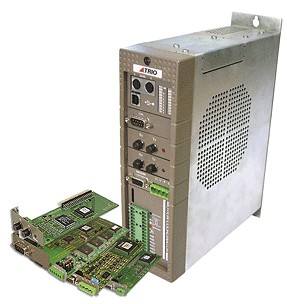
The TMotionS is mechanically interchangeable with the old system, having the same mounting configuration and featuring a front faced interfacing panel with an identical DB connector arrangement. Installation involves simply bolting it into the existing panel and connecting cable assemblies for the existing brushless servomotors and encoders, and hooking up the interfacing cables to the wrapping machine’s PLC.
Behind the interfacing panel, six interconnected brushless servo amplifiers provide the power and precision to drive the servomotors with simple +/- 10 V control from two MC224 Motion Coordinators. From the outset, it was important that rather than reprogram the tissue wrappers main PLC, the controller must provide functionally identical performance as the existing servo controls.
The MC224’s uses a 32-bit floating point DSP that handles up to 24 axes of synchronized motion with machine I/O and communications. Each MC224 includes 4 processor slots and a system of axis expansion modules. The processor slots can be populated with any combination of axis, fieldbus, and digital-drive daughter boards and the axis expanders by any combination of axis daughter boards.
For the TMotionS, the two MC244’s are linked via an axis expander and house six servo encoder cards and a master reference encoder card with the existing PLC logic triggering pre-programmed events through the Motion Coordinator’s built-in I/O using Trio BASIC to handle electronic cam and axis-synchronized registration on the machine. Trio’s programming language includes motion and event handling commands with multitasking and subroutines. It lets engineers create modular programs quickly.
Thanks to its processing speed, multi-tasking architecture, and control capabilities, faster cycle times helped optimize machine performance. Consequently, the MC244 and the new servo drives together provide smoother motion and higher process speeds. Additionally, Trio’s inherent safety protocols completely removed the previous tendency for axes ‘running away’ on error conditions.
The MC244 also improved print registration accuracy, enhancing finished product quality and yield; and higher acceleration/deceleration characteristics with less vibration helped contribute to faster production throughput.
Other benefits of the TMotionS’s fit-function approach is that machine commissioning is fast — with virtually no downtime and no PLC reprogramming, making the installed costs to replace the old web registration system predictable. As all the equipment used in the solution is new and modern, the element of future proofing is restored for these wrapping machines, extending their useful life even further.
Trio Motion Technology
www.triomotion.com
::Design World::
Filed Under: Packaging, Motion control • motor controls

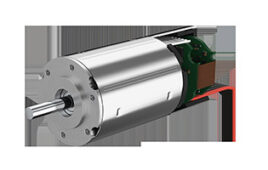
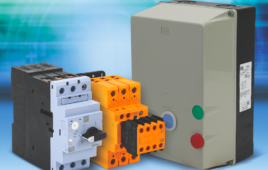
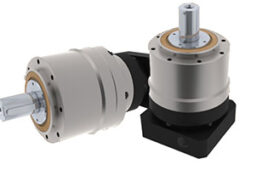
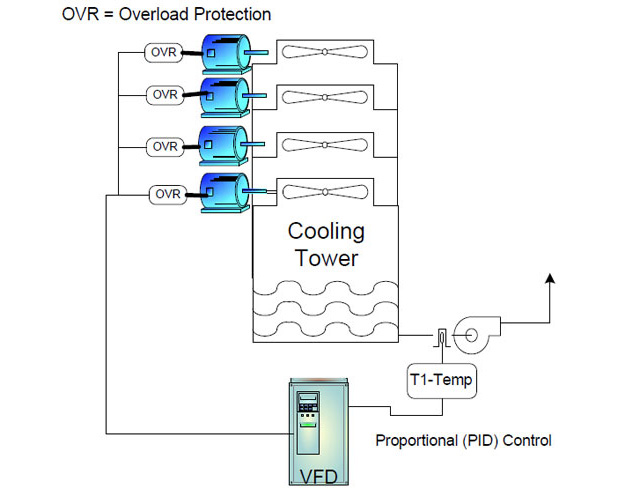
Tell Us What You Think!